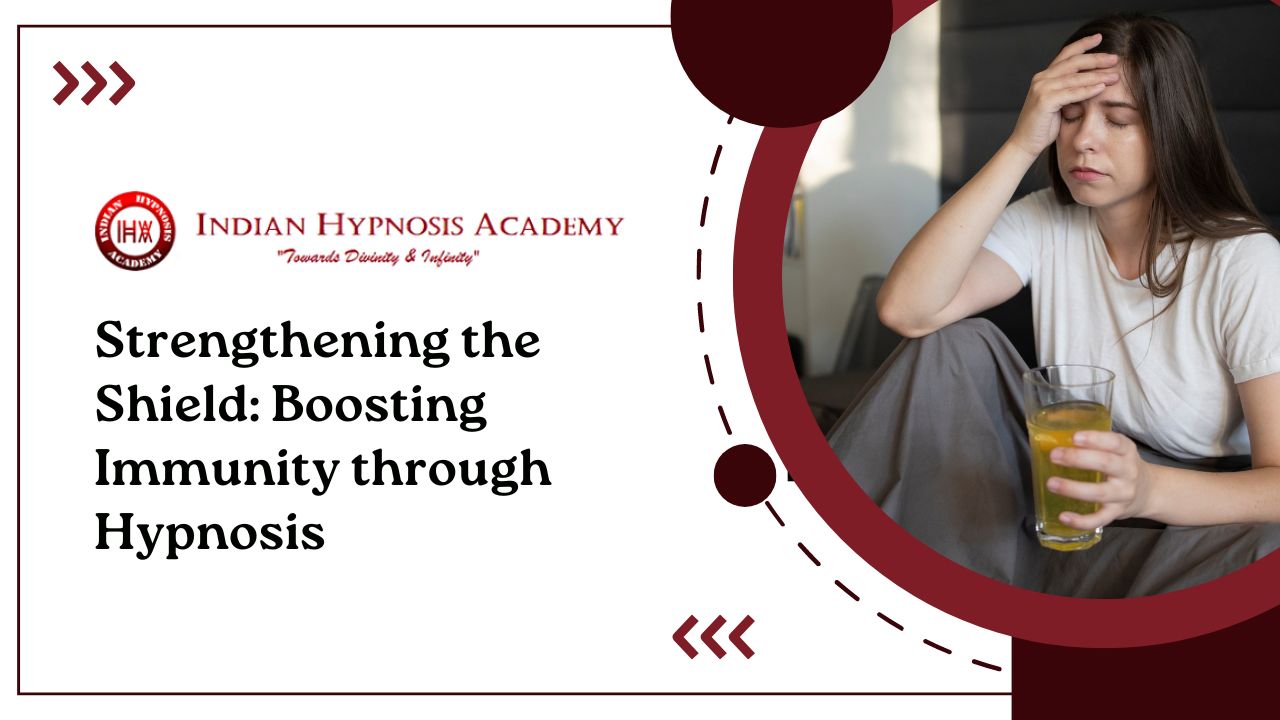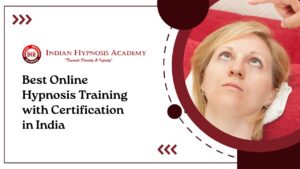Imagine your immune system as a shield, guarding you against the various threats that can compromise your health. While many people focus on diet and exercise to boost their immunity, there’s an often-overlooked tool that can be incredibly effective: hypnosis. This powerful mental technique taps into the mind-body connection, harnessing the power of suggestion to enhance our physical well-being.
In recent years, more individuals have turned to hypnotherapy not just for relaxation or mental clarity but also for its potential to strengthen the immune response. What if unlocking better health was as simple as guiding your subconscious thoughts? Let’s explore how hypnosis can play a pivotal role in enhancing your body’s natural defenses and promoting overall wellness.
Understanding the Immune System
The immune system is a complex network of cells, tissues, and organs working together to protect the body from harmful pathogens. It acts as an intricate defense mechanism that identifies and neutralizes bacteria, viruses, and other foreign invaders.
At its core are white blood cells, which play various roles in fighting infections. Some directly attack pathogens, while others help coordinate the immune response or remember previous threats for faster future reactions.
Organs like the spleen and thymus also contribute by filtering blood and producing essential immune cells. Additionally, lymph nodes act as checkpoints where immune responses can be amplified when needed.
Understanding this delicate balance is crucial because stressors—both physical and emotional—can disrupt it. When the immune system falters due to stress or anxiety, our bodies become more vulnerable to illness. This connection highlights the importance of exploring tools that support immunity at every level.
The Mind-Body Connection and Immunity
The mind-body connection plays a pivotal role in our overall health. Thoughts and emotions can directly impact physical well-being, including immune function. Stress, anxiety, and negative thoughts can weaken the immune system’s defenses.
When we experience stress, the body releases cortisol. This hormone can suppress immune response over time. It’s a cycle that many people find difficult to break.
On the flip side, positive mental states foster resilience. Joyful experiences and relaxation techniques promote better immunity by enhancing bodily functions.
Practices like mindfulness or meditation create space for healing within us. They encourage a sense of calm that supports our natural defense mechanisms.
Embracing this connection allows individuals to take proactive steps toward their health journey. The interplay between mind and body reveals profound insights into how we can nurture our immune systems effectively.
How Hypnosis Can Improve Immunity
Hypnosis offers a unique approach to improving immunity by tapping into the subconscious mind. When individuals enter a relaxed state, they can access deeper mental resources. This process allows for transformative suggestions that can enhance overall well-being.
During hypnosis, stress levels often decrease significantly. Lower stress is linked to better immune function as it reduces the production of cortisol, a hormone that can weaken defenses when elevated.
Additionally, hypnosis promotes positive thinking and emotional resilience. By fostering an optimistic mindset, individuals may experience improved health outcomes.
Visualization techniques used in hypnotherapy also play a crucial role. Patients visualize their immune cells working effectively against pathogens, which can reinforce body awareness and strengthen immune responses.
The power of suggestion during hypnotic states encourages healthier lifestyle choices too—such as improved diet and increased exercise—which further bolster the immune system’s capabilities.
Case Studies of Successful Immune Boosting with Hypnotherapy
Research into hypnotherapy’s impact on immune function has revealed fascinating results. One notable case involved a woman struggling with chronic illness. After several sessions of targeted hypnosis, she reported significant improvements in her overall energy levels and resilience to infections.
Another study highlighted patients undergoing chemotherapy. Hypnosis helped reduce anxiety and stress, which are known to weaken the immune response. Participants experienced fewer side effects and improved recovery times compared to those without hypnosis support.
A group of individuals with autoimmune disorders underwent hypnotherapy focused on relaxation techniques. Many participants noted reduced symptoms and heightened feelings of wellbeing after treatment.
These cases illustrate how hypnosis can serve as a powerful tool for enhancing immunity by addressing both mental and physical health aspects, fostering an environment where the body can heal more effectively.
Hypnosis Techniques for Strengthening the Immune System
Hypnosis offers a unique pathway to enhance immune function. One effective technique is guided imagery, where individuals visualize their immune system as a powerful fortress. This mental imagery can create a sense of strength and resilience.
Another popular method is progressive relaxation. By systematically relaxing each muscle group, practitioners promote overall well-being. This relaxation response helps reduce stress, which can negatively impact immunity.
Self-hypnosis is also beneficial. It allows individuals to tap into their subconscious mind at any time, reinforcing positive affirmations about health and vitality.
Moreover, suggestion therapy facilitates direct communication with the mind’s inner workings. Suggestions focused on boosting immunity can empower the body’s natural defenses.
Incorporating these techniques into daily routines not only fosters mental tranquility but also supports physical health in remarkable ways.
Complementary Practices for Enhanced Immune Function
To enhance immune function, consider incorporating complementary practices alongside hypnosis. Nutrition plays a critical role. Consuming a balanced diet rich in vitamins and minerals supports overall health.
Regular physical activity is essential too. Engaging in moderate exercises like walking or yoga can boost circulation and reduce stress, both of which benefit the immune system.
Mindfulness techniques such as meditation promote relaxation and mental clarity. Taking time to unwind each day can help lower cortisol levels, supporting immune resilience.
Quality sleep cannot be overlooked either. Establishing a consistent sleep routine allows your body to repair itself during the night, enhancing its natural defenses.
Staying connected with others fosters emotional well-being. Healthy relationships provide support that reduces stress and encourages a positive mindset, further strengthening immunity.
Conclusion: Taking Control of Your Health and Wellness Through Hypnosis
Taking control of your health and wellness is a journey that invites exploration and innovation. Hypnosis stands as a powerful tool in this endeavor, offering unique benefits for bolstering the immune system. By tapping into the mind-body connection, you can unlock potential pathways to improved health.
Utilizing hypnosis allows you to address underlying stressors that may be hindering your immunity. The techniques available are versatile, catering to individual needs and preferences. As you begin practicing these methods, you’ll likely notice shifts not just in physical well-being but also emotional resilience.
Integrating complementary practices such as mindfulness or yoga can further amplify the effects of hypnotherapy. Together, they create a holistic approach that nurtures both body and mind.
Embracing hypnosis empowers you to take an active role in your health journey. It encourages self-awareness and fosters an environment where positive changes occur naturally. As more people discover its benefits, the path toward enhanced immunity becomes clearer than ever before—one enriched by intention and mindful practice.



